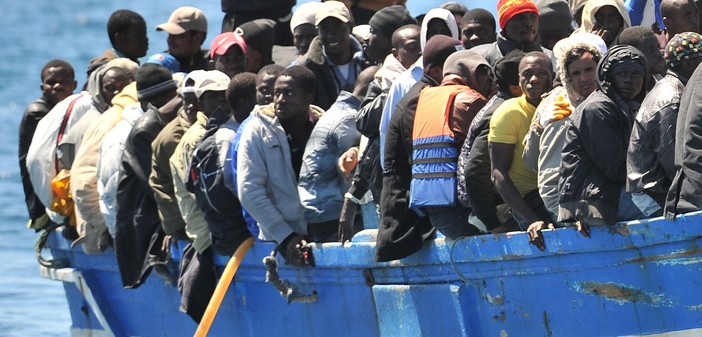The United Nations High Commissioner for Refugees announced that the milestone of 100,000 migrants arriving in Europe via the Mediterranean since the beginning of the year was reached this weekend.
Thirty years after the signing of the Schengen Agreement, which promotes greater freedom of movement in Europe, the arrival of undocumented migrants fleeing war and poverty has exacerbated tensions.
It reveals a long-hidden reality where racism, xenophobia, and nationalist retrenchment are expressed without shame or scruples.
With rising unemployment and the economic crisis, tensions are escalating.
Islamism becomes a refuge for many immigrants. Across Europe, nationalist parties are gaining ground, sometimes violently opposing immigration.
To combat the influx of refugees and migrants that threatens it, the European Union is strengthening the agency responsible for monitoring its external borders.
It exemplarily plays the role of “managing international border coordination” for the EU member states, as stated in its mission.
Tasked by European governments to facilitate EU expulsions (a key point of the migration agenda presented on May 13 by the European Commission, which aims to modify “the legal basis of Frontex to enhance its role in repatriation”), the agency is simultaneously urged by other institutions, particularly the European Parliament, the European Ombudsman, and the European Court of Human Rights, to maintain a certain respectability in its actions.
On May 6, the European Ombudsman, Emily O’Reilly, presented the conclusions of her investigation into the forced returns coordinated by Frontex, particularly regarding respect for the fundamental rights of expelled persons.
One could, of course, argue that a state has the right to decide who can live on its territory. But can it use violence to enforce this?


